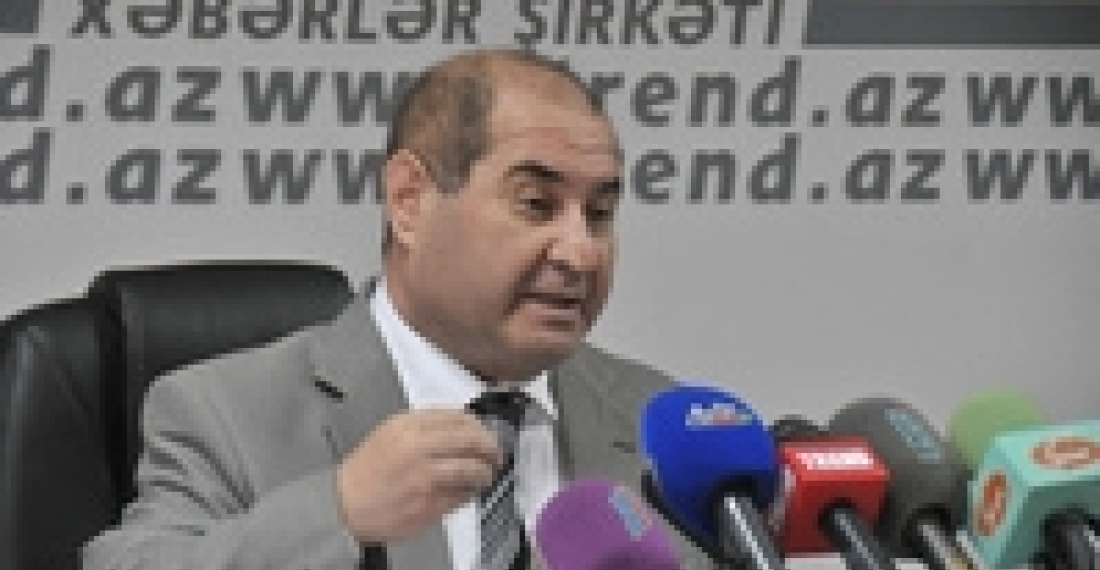The respected Azerbaijani political analyst, Mubariz Ahmadoglu, Director of the Centre for Political Technologies, slammed US policy towards the South Caucasus in a press conference held at Trend News Agency on 6 January 2012.
Reflecting an opinion that is being increasingly voiced by Azerbaijani political analysts Ahmadoglu said that US policy towards the region was completely controlled by the Armenian lobby, citing the recent failure of the US congress to confirm the appointment of Mathew Bryza as Ambassador in Baku.
The Azerbaijani Russian language newspaper Zerkalo, in its edition on 7 January 2012 quoted Ahmadoglu as saying that "America wanted us to put the resolution of the Karabakh conflict on back burner and deal seriously with the division of the Caspian Sea, and they created there problems for themselves. Washington also wanted to clash Azerbaijan with Russia. But the US did nothing to help Georgia when the country conflicted with Russia. Naturally, Baku understood it, saw the role of Armenians in the developments and did not go to a confrontation with its northern neighbour with whom we have no fundamental disagreements,"
Speaking on the Karabakh situation Ahmadoglu said that the political resources for the resolution of the Nagorno Karabakh conflict have been exhausted. "Despite the fact that great efforts were attached, the meeting of the presidents of Azerbaijan, Armenia and Russia in Kazan did not produce significant results. And because of the fact that the organizers of the meeting made changes to the agreed text of the document, it was not signed," Zerkalo quoted the expert as saying. In his view, the collapse of the OSCE Minsk Group's mediation has already begun. According to the newspaper the political scientist added that the attempts to arrange a meeting and dialogue between the Azerbaijani and Armenian communities of Nagornyy Karabakh remained fruitless. According to him, it was because the Armenians are not agreeing to this dialogue, and generally they do not accept the division of communities of Nagorno Karabakh into Armenian and Azerbaijani ones.
source: commonspace.eu with Trend and Zerkalo
photo: Mubariz Ahmedoglu (picture courtesy of Trend)
"The public opinion in Armenia on the Nagornyy Karabakh conflict is more and more inclined towards the direction of the surrender, there matures a subconscious feeling in society that they failed to 'privatize' Nagorno Karabakh," says Ahmadoglu.







